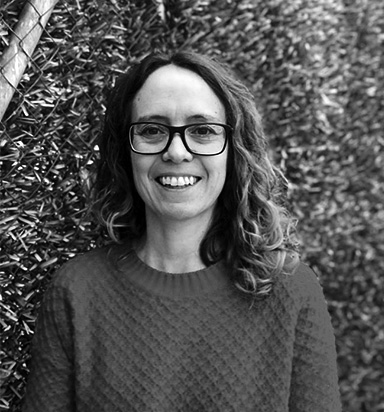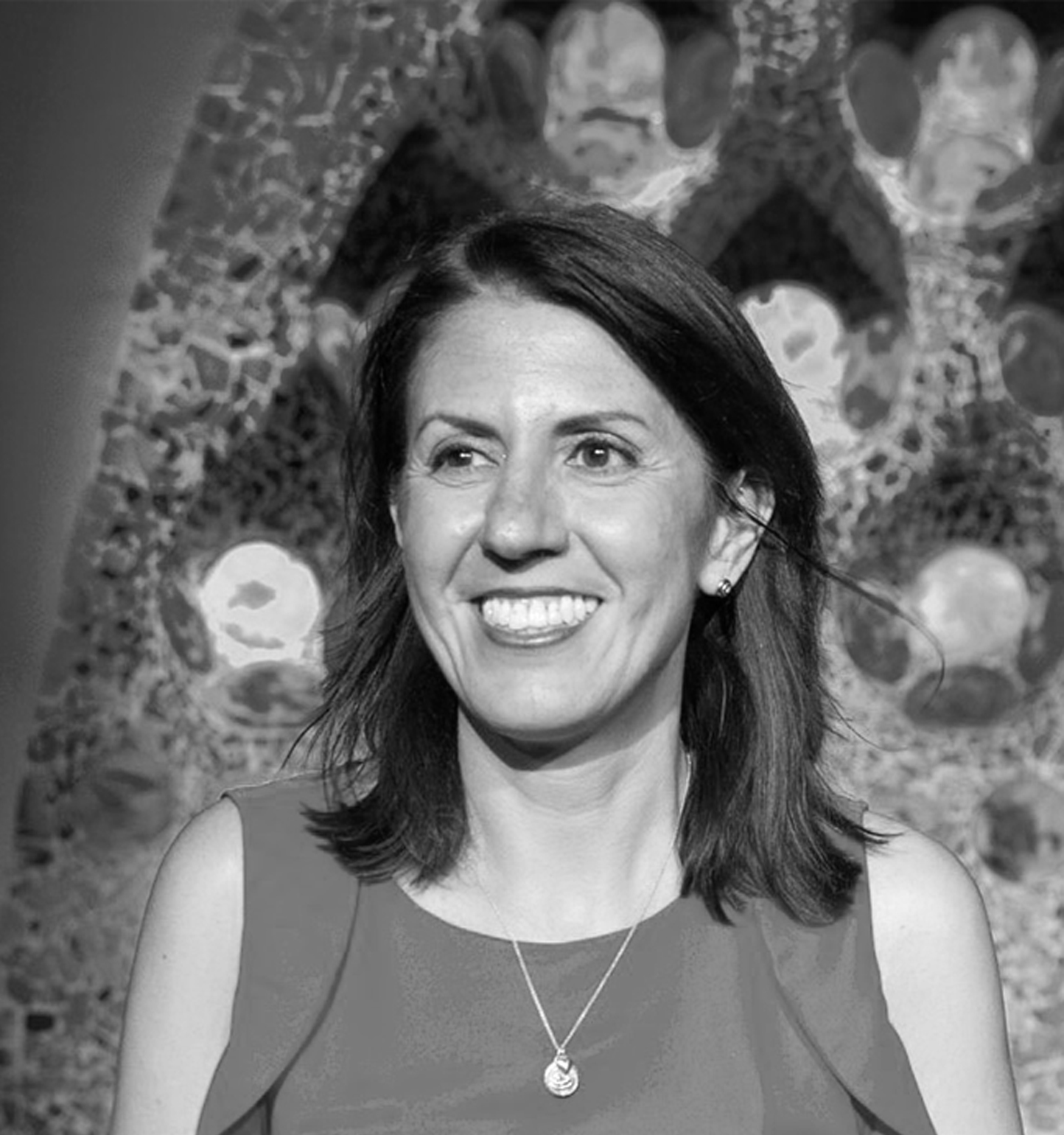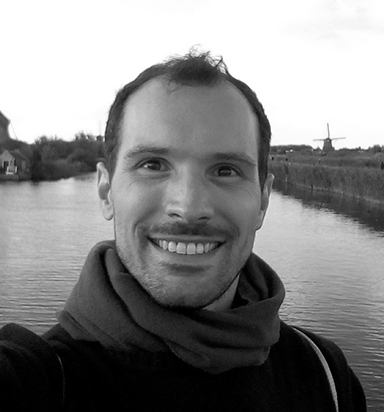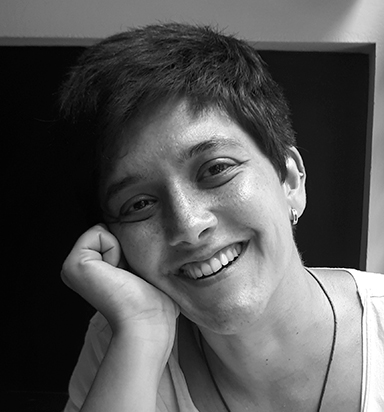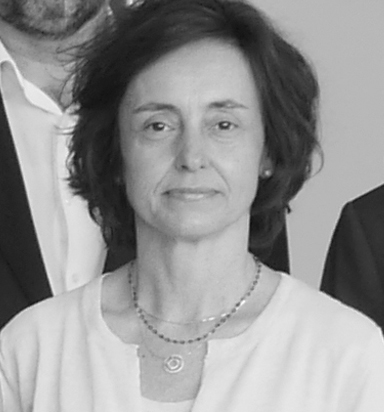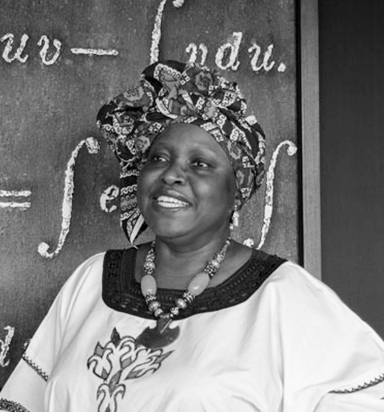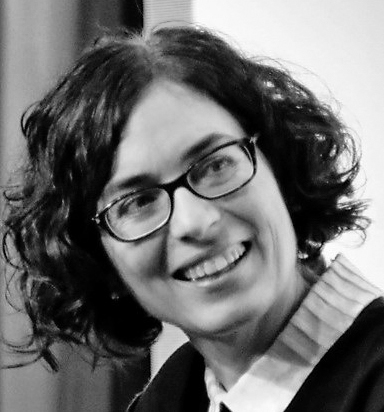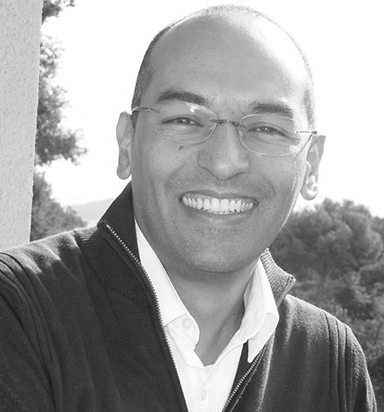
STEM WOMEN CONGRESS BARCELONA 2020

STEM WOMEN CONGRESS BARCELONA 2020
In Spain, only 28% of enrollments in STEM careers are women, but what are we doing to eliminate gender bias? Although there are already programs and initiatives in Spain to encourage more women in the STEM sectors, the goal of increasing female enrollment in STEM studies has yet to be achieved.
For this reason, the STEM WOMEN CONGRESS has prepared the ANNUAL REPORT 2020 – STEM WOMEN CONGRESS, which for the first time compiles data on the 2019 activities of STEM Women initiatives detected in the country. These include public, private, or mixed programs that work to increase the number of women in STEM sectors.
The report has enabled an analysis of all existing projects, their locations, and their areas of focus, as well as providing an initial assessment of their impact on the population.
The report analyzes three segments: inspiration, which examines initiatives focused on the education stage up to ESO; professional career, which focuses on undergraduate studies and the professional stage; and entrepreneurship.










“This Annual Report was created with the aim of identifying weak points and promoting global actions and synergies between existing initiatives”, explains Eva Díaz, CEO of the STEM Women Congress. The report states that 66% of the initiatives are focused on the “inspiration” stage or school stage, 51% on careers, and only 7% on entrepreneurship.
It also shows that 58% of the initiatives operate with 10 or fewer workers, relying heavily on altruism and volunteerism. This highlights the need for more institutions, companies, and professionals to get involved in STEM initiatives.
The lack of resources is another pressing issue. In the inspiration segment, only 56% of the initiatives have the support of a company or institution, and only 22% of the initiatives are funded exclusively from public sources. On a positive note, the impact capacity of these initiatives on children is 43%. “Therefore, it is necessary for society as a whole, from both the public and private sectors, to become more involved to expand the reach and impact, so that more girls and women can see that STEM is the future, offering greater employability compared to non-STEM graduates, as well as potentially better salaries”, says Díaz.
The analysis was conducted on a total of 41 initiatives or programs, and the data for each segment (inspiration, career, and entrepreneurship) were analyzed by age group concerning the population of STEM girls and women in Spain. In the inspiration segment, it was found that 70% of the initiatives manage to impact children with the aim of breaking stereotypes, and 48% do so to generate interest in technology. Additionally, more than 80% of the initiatives dedicated to promoting STEM careers operate in the early stages of education, ranging from ages 6 to 16, and almost 90% operate within the age range of 10 to 14 years. However, only 2 initiatives have been identified that work with children from 0 to 6 years old. Furthermore, all the initiatives that carry out activities in schools do not discriminate between boys and girls; they work with both, as well as with teachers and families, to spread STEM awareness more broadly.
The boom in initiatives to promote the presence of women in STEM sectors is quite recent, occurring mainly in the last 3 years. In fact, the report highlights that the first detected initiative was established in 2012, but the rate of creation for these initiatives is much higher compared to those that impact professional careers or entrepreneurship, which are the other two segments analyzed.
The ANNUAL REPORT 2020 – STEM WOMEN CONGRESS concludes that the actions developed by the 21 initiatives during 2019 focused on professional career development have impacted only 1.6% of a population of around 692 thousand women active in STEM professions in Spain. The final stage of training receives 85% of the impacts of the initiatives studied in the field of professional career management. “This impact represents reaching 38% of the population of women enrolled in the last years of scientific and technical studies in Spain”, clarifies the CEO of the STEM Women Congress.
On the other hand, it is observed that there is a lack of initiatives and projects that focus on the first years of the professional career. This stage, known as the junior stage, plays an essential role in helping students focus their projects and define their goals in their professional careers. At this stage, 11 initiatives manage to impact 1.93% of the population of STEM women in their first years of professional career in Spain.
On the positive side, 62% of initiatives focus their efforts on mentoring and female leadership. “This means that students who have decided to pursue a career in the STEM sector are not alone; they can seek guidance to help them make professional decisions and define their goals”, explains Diaz.
Finally, it should be noted that although the report aims to analyze the situation of STEM Women initiatives in Spain, the sample shows that STEM Women initiatives located in Catalonia have responded to the survey in greater numbers than those in other regions. For this reason, Díaz explains that “from STEM WOMEN CONGRESS we call on all initiatives in Spain to join the next edition of the report and help create a standard system for measuring the activity of all initiatives. Without measurement and analysis, it is impossible to define improvements and needs. And without it, we can’t make progress towards the goal of having more women in STEM sectors. The report isn’t perfect, but it’s a start.”
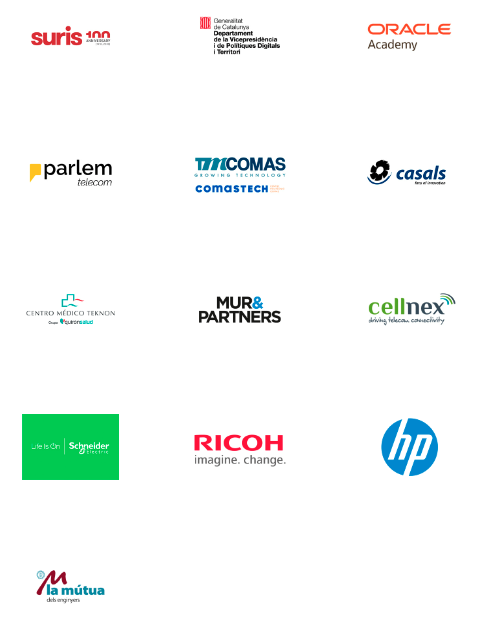
Presenta Cristina Riba y Francesc Soler
9:30 h Inauguración
Bienvenida
Gemma Fargas, Vicerectora de la UPC
Objetivos del SWC 2020
Eva Diaz, CEO SWC
Las STEM en la FP
Fabián Mohedano, Consell Català de Formació Professional
Las mujeres TIC
Joana Barbany, directora Polítiques Digitals
10:00 h SWC Forum
Presentación del Forum SWC 2020
Eva Blanco, Head of Public Affairs HP
RETO 1: FOMENTO DE VOCACIONES
Visibilidad del valor social de la ciencia y potenciar el talento STEM en Escuelas y Universidades
Coordinadora: Susanna Cabos, Global Project Quality Director SCHNEIDER ELECTRIC
Elsa Giménez, CEO KitCo For Personal Development
Jordi Zamacois, Subdirector de Primária del Colegio Grèvol de Barcelona
Georgina Comas, Deputy CEO en TM Comas
Nuria Cuenca, Secretaria General de Educación en la Conselleria d’Ensenyament
RETO 2: GESTIÓN DE LA CARRERA PROFESIONAL
Plan de carrera y Conciliación familiar
Coordinadora:, Mar Porras, Sales Enablement Manager RICOH
Cecilia Cuadra, Digital Marketing Manager Ricoh España y Portugal
Laura Sala, Randstad
María Fernández, Schneider Electric
Oriol Boix, Departamento de Ingeniería Eléctrica ETSEIB-UPC
Judit Tello
Alicia Ollé, Directora de Operaciones de PARLEM TELECOM
Susana Prado, Directora en Catalunya de Inetum, y resposnable del grupo donaTIC dentro del CTecno
RETO 3: EMPRENDIMIENTO
Emprendimiento, e Inversores. Captación de financiación
Coordinadora: Clara Lapiedra, CEO y fundadora de Aula Magna Business School
Susanna Carmona, Directora General de Mútua dels Enginyers
Montse Basora, Directora Operativa Emprenedoria – Barcelona Activa
Esther Cid, CEO Tipscool
Helena Torras, Managing Partner PAOCAPITAL
Miriam Blanc, Managing Partner ITEREM
11:30 SWC Network
Coffee break
12:00 SWC Talks
TALK 1: Maternity and Career
Victoria Gago, Co-fundadora de Beginny, startup de fertilidad, & European Blockchain Convention. Fundadora de Accelerate Network, asociación de Women Empowerment
Dr. Ramón Aurell, Director médico de la Unidad de Reproducción Asistida del Campus Quirónsalud Barcelona
TALK 2: Gender Lab
Silvina Catuara-Solarz, Lead Technology Application for Neuroscience and Mental Health at Women’s Brain Project
Davide Cirillo, Postdoctoral Researcher Computational Biology Group at the Life Sciences Department of the Barcelona Supercomputing Center
TALK 3: Cellnex diversity plan
Anna Bufí, Contry People & Organization Director Cellnex
TALK 4: Next missions of ESA and gender
Rocio Guerra, DPCE Operations Team Manager Gaia Science Operations Centre (SOC) Science Division (SCI-SOO) European Space Astronomy Centre (ESAC) European Space Agency (ESA)
13:00 h How to get More Women in STEM: Answers From a Panel Discussion
Cristina Estavillo, Digital technologies and DesignJet Lab Director at HP
Alfonso Bustos, Learning & Development Manager Spain & Portugal / EMEA in Ricoh
Sílvia Poyato, Directora de Innovación y Digitalización en Schneider Electric
Albert Triola, ORACLE Spain Country Leader
Mireia Vila, IT Director South West Europe and Turkey PEPSICO
Francesc Bert, Client Executive in CISCO Systems
Catalina Balseiro, Directora de Innovación y Conocimiento de Aigües de Barcelona
13:45 STEM Awards
Presentación de los proyectos:
Girls make games around the world
Wim [Women in mobile]
Technovation Challenge
STEM Talent Girl
Enginy-ERA
14:00 STEM Talks
TALK 5: To be a STEM Women in Africa
Elisabeth Rasekoala, Chemistry Engineer and President Pan-African Network for the Popularisation of Science & Technology, and Science Communication
14:30 Entrega de los STEM AWARDS
Mireia Colina, Women in Aerospace Europe
Llum Llosa, Enginyers Industrials de Catalunya
Núria Salán, Presidenta de la Catalan Society of Technology and Coordinator of the Gender Programm of the UPC
14:45 Clausura
Laura Martinez, Presidenta Institut Català de la Dona
Helena Dalli, Commissioner of Equality of EU

